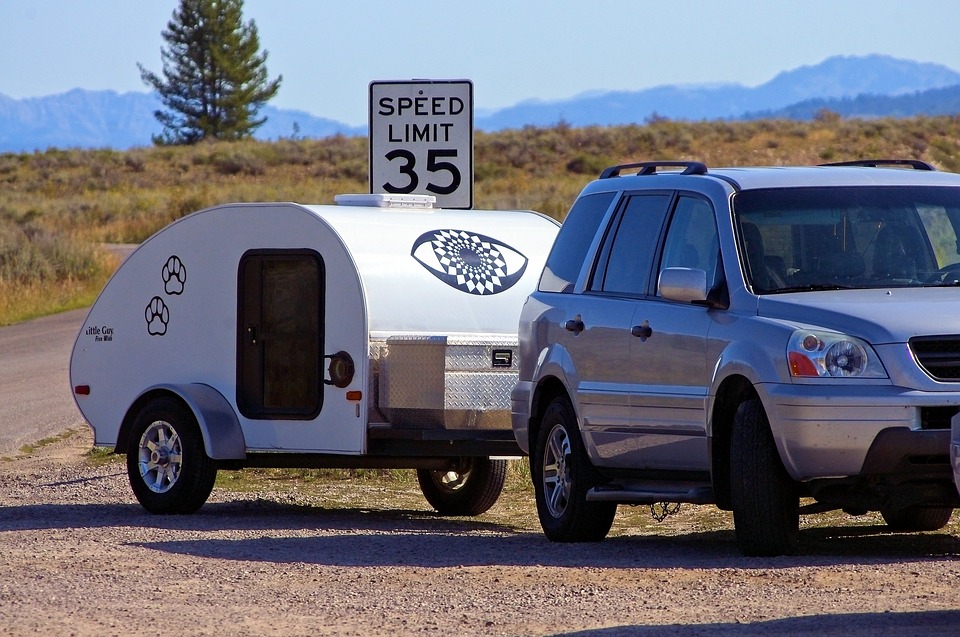If you’re wanting to take a road trip, a great option for you is to rent or buy an RV and essentially take your home with you. RVs make it easy to be comfortable while on the road, save money on food and lodging costs, and have enough space to bring everything that you might need. However, if you’ve never driven an RV before, you might find it a little intimidating. So to help ensure that you’re able to stay safe while on the road with this beast of a vehicle, here are three tips for driving an RV for the first time.

Practice Before You Hit The Road
Jumping on the freeway without first practicing a few maneuvers in an RV could prove to be a big mistake. So prior to starting on your trip, you should first take the RV for a little test drive in an area where you are comfortable and have a lot of space to move around. According to Melissa Popp, a contributor to Trip Savvy, parking an RV can be very tricky, so make sure you find time to try this before you set off on your adventures. Additionally, try taking the RV around town and even on the freeway if you can so you can see how it handles on these roads, as larger vehicles like RVs and trucks can often be unruly at high speeds or in windy conditions.
Check Your Height and Width
Once you feel comfortable being behind the wheel of your RV, you should spend some time planning your trip and double-checking that your vehicle is the right size to fit on any road you plan on taking. According to Jessica Sanders, a contributor to Active.com, most underpasses and bridges are 13 feet 6 inches for clearance, so ensure that your RV is within that height if you plan to take roads with bridges or underpasses. Additionally, if your RV is wider than 8.5 feet, you’ll need a special permit to drive.
Be Cautious When Braking
One of the hardest skills to master when driving an RV is the braking. Because RVs use air brake systems, and because an RV is so much bigger than a standard vehicle, braking can be very different than with traditional cars. According to DrivingTips.com, it can take longer for your brakes to initiate once you’ve pressed down on them and it can take longer for you to stop than you’re likely used to, so make sure that you are always looking well ahead of yourself and can give yourself enough time to stop before hitting anything or getting in any danger.
If you’re wanting to go on an RV trip but have never driven an RV before, consider using the tips mentioned above to help you stay safe behind the wheel. You might also want to think about taking an OBD2 scanner on any long journeys so that you can diagnose any issues with the vehicle before they become a costly problem.



